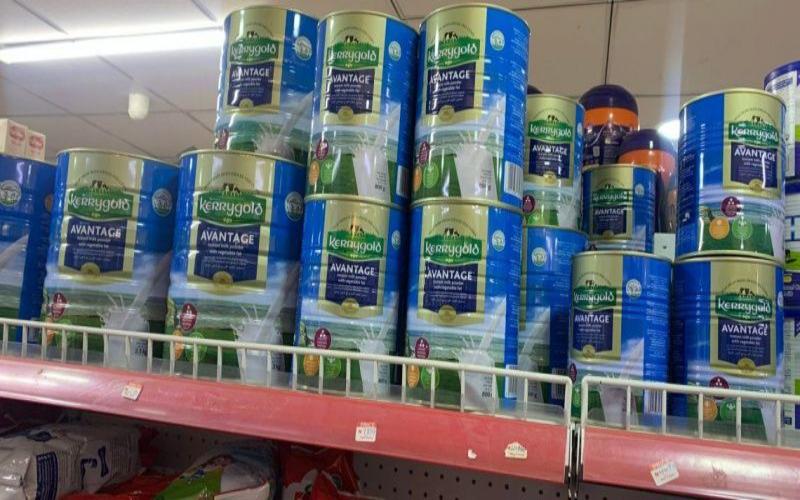INVESTIGATION: Unsupported by govt, Nigerian dairy farmers can’t compete with subsidised, cheap EU imports

Nigeria's dairy farmers are facing a crisis as they struggle to compete against heavily subsidised European milk imports. With no government support, indigenous dairy farmers cannot match the low prices of imported fat-filled milk powders (FFMP), predominantly from Europe. As a result, Nigeria imports 60% of its dairy consumption, spending around $1.3 billion annually, despite possessing 20.6 million cattle.
Nigerian cows yield significantly less milk compared to imported high-yield breeds, producing just 1-2 litres a day in stark contrast to over 30 litres from their foreign counterparts. The high operational costs, including transportation and electricity, further frustrate local producers. Without government-backed loans or subsidies, commercial farmers like Daniyan Abimbola are considering selling off their dairy operations.
The domestic dairy industry remains underdeveloped, partly due to security issues, poor infrastructure, and high capital investments required for modernising and crossbreeding cattle. The gap is being increasingly filled by multinational companies, particularly from Ireland, leveraging the Common Agricultural Policy (CAP) to export surplus at low prices—leaving Nigerian farmers vulnerable amidst a market flooded with cheap, long-life milk products.
Nigerian initiatives like the Backwards Integration policy aim to boost local production by imposing foreign exchange restrictions on dairy imports. Still, the impacts have been minimal due to logistical challenges and incomplete projects. Meanwhile, Irish dairy companies maintain a strong presence, exploring consumer demographics through strategic promotions and social media to sustain their grip on the market.
The newly established Ministry of Livestock Development receives inadequate funding, hindering any substantial progress to uplift local dairy production. Various government-backed programs have fallen short, leaving dairy farmers without the support needed to transition into a competitive industry that could leverage its existing cattle population for greater production output.
As global entities continue to exploit this opportunity, Nigeria faces an uphill battle in reshaping its dairy market under these daunting conditions.









